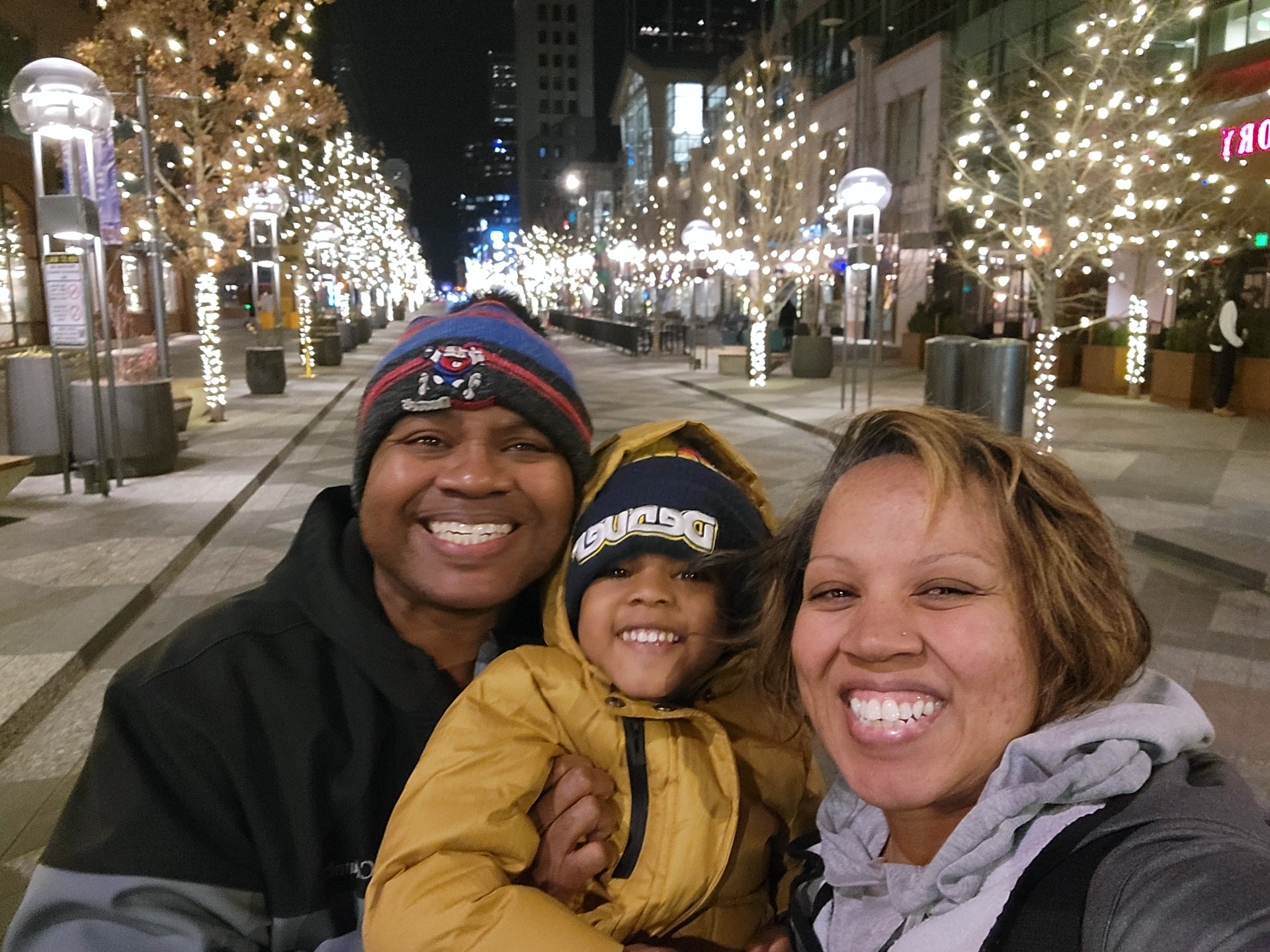“What in your life is in need of a resurrection?”
This is the question that has followed me around lately, nipping at my heels, this Easter season.
Certainly, this is the theme of every Easter. But this year for some reason, I keep hearing that same question over and over again. When that happens, I try to stop and submit to whatever it is that’s trying to get my attention.
What in your life is in need of a resurrection?
What needs new life breathed right into its weary bones?
What needs to be taken by the hand and led out of the darkness and into the light?
What is buried, dormant, that is ready to breathe again?
What needs a dose of hope?
Good Friday reminds us that death precedes new life. But death is abrupt and anxiety-provoking. It is incredibly difficult to watch something important to you die: whether that’s a relationship, a person, a desire, a dream. Death stings. You never get used to it.
The invitation I have been hearing over and over lately is to identify an area of my life that needs a resurrection and then BELIEVE that a resurrection could be possible. In other words, hope. Not the noun hope, but the verb hope.
The ability to hope comes from the idea that what we believed was the ending may only just be the beginning. Which, of course, is the story of Jesus.
Death does not get the final say. Death is not the end of the story.
I can think of a few really big things in my life that could use an injection of breath and heartbeat and spirit and vitality. And there’s a certain dangerousness to hoping because it puts us out there on a limb of desire that may not produce. But, as is true with the Easter story, what if what we’re looking for and hoping for is actually happening? What if it’s happening in way that we can’t quite see yet, can’t quite understand yet?
Jesus’ followers walked along the road to Emmaus, and he appeared to them after his resurrection, but they didn’t recognize him. They talked with him and walked with him, but they didn’t realize who he was. Is it possible that resurrection is occurring, and we just can’t quite see the plan yet?
These lines from Friar Francis Dorrf come to my mind:
I’ll know I’ve been raised from the dead
When everything becomes a door—
Every brick wall,
Every dead end,
Every Judas friend,
Everything we see and smell and taste,
Everything we think and feel and are,
Every mountain top and valley bottom,
Every birth and every death,
Every joy and every pain,
Every ecstasy and infidelity,
When every single thing
Becomes a door
That opens to eternity
And we pass through
As we could never do
Before.
What happened to Jesus and his followers and their dreams of a New Way of living and loving and believing? What happened at the cross? Did it all end? Was it a wall? Or, was it a door?
I’m holding on to the Easter story today as a reminder that sometimes what we believed was an ending might only just be the beginning. Beginnings aren’t always easy, certainly, but they are a promise of possibility. Beginnings are a reminder that, with Jesus, new could be near.
So, if something in your life is in need of a resurrection today—however seemingly insignificant or however seemingly impossible—I encourage you to name it, whisper it in God’s ear, and ask him for the grace to remember that even walls can be doors, even graves can be gardens, even endings can be beginnings.
Always we begin again.
Amen.
Leeana Tankersley is a writer, mom of three, and hope warrior. She is the author of six books, including Always We Begin Again and her forthcoming, Hope Anyway, and she is a regular contributor to MOPS. Learn more at leeanatankersley.com or follow her on IG @leeanatankersley.




